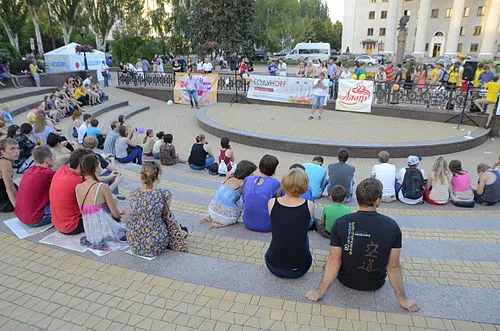
Emancipation Day in Saint Kitts and Nevis: A Celebration of Freedom
Emancipation Day, celebrated on August 1st, marks a pivotal moment in the history of Saint Kitts and Nevis. This day commemorates the abolition of slavery in the British Empire in 1834, a crucial turning point that paved the way for freedom and self-determination for millions of Afro-Caribbean people. In Saint Kitts and Nevis, the observance of this day is filled with vibrant cultural expressions, educational programs, and reflective activities that honor the legacy of those who fought for liberation.
The Historical Significance of Emancipation Day
The history of slavery in Saint Kitts and Nevis is deeply intertwined with the islands' economic development and social structures. The British Empire established sugar plantations that relied heavily on enslaved Africans, who were brought to the islands under inhumane conditions. The struggle for emancipation was long and fraught with challenges. In 1834, the Slavery Abolition Act was enacted, granting freedom to enslaved individuals, yet full liberation proceeded through a period of "apprenticeship" until 1838, when true freedom was finally realized.
Cultural Celebrations and Activities
Emancipation Day in Saint Kitts and Nevis is marked by a variety of events that reflect the rich cultural heritage of the islands. Celebrations typically include:
- Parades and Festivals: Colorful parades featuring traditional costumes, music, and dance are held in various towns, creating a festive atmosphere.
- Educational Programs: Workshops and lectures aim to educate the community about the history of slavery, the significance of Emancipation Day, and the ongoing journey toward equality and justice.
- Traditional Food and Drink: Local cuisine plays a central role in the celebrations, with traditional dishes served to connect present generations with their heritage.
- Music and Dance: Cultural performances that include folk music, calypso, and traditional dances create a lively environment, allowing participants to express joy and remembrance.
The Importance of Remembrance
While Emancipation Day is a time for celebration, it is also a day of remembrance. The struggles and sacrifices of ancestors are honored through moments of silence, prayers, and tributes. This dual nature of the day helps individuals and communities reflect on the effects of slavery and reinforces the importance of social justice and equality.
Modern Implications of Emancipation Day
In today's context, Emancipation Day serves as a reminder of the continued fight against racism and discrimination. It encourages citizens of Saint Kitts and Nevis, as well as the broader Caribbean community, to engage in dialogues about race, history, and identity. Initiatives aimed at addressing systemic inequalities are often bolstered during this time, showcasing the ongoing relevance of earlier struggles for freedom.
Conclusion
Emancipation Day in Saint Kitts and Nevis is more than a historical observance; it is a vibrant celebration of cultural identity and resilience. As the islands honor their past, they also look toward the future with hope for a more equitable society. Through festivities, education, and reflection, the legacy of freedom continues to inspire generations.






